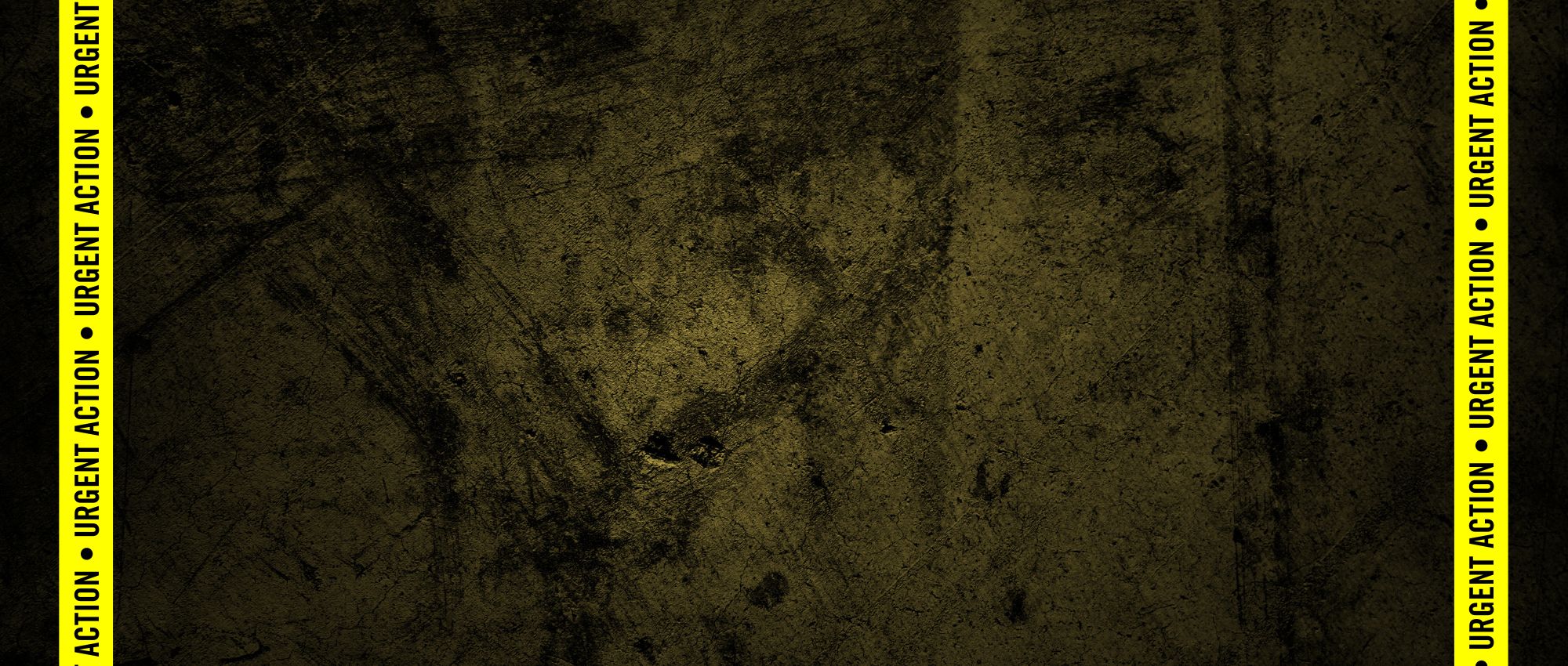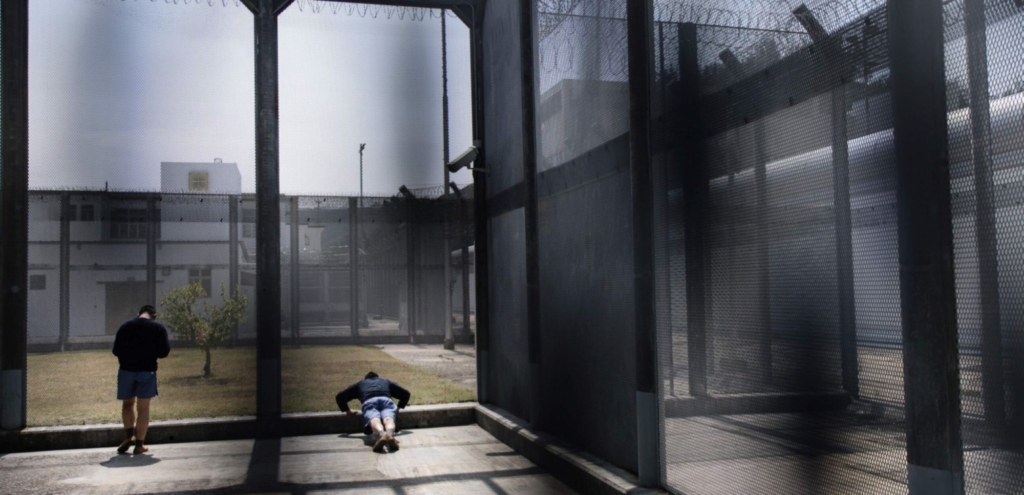DOWNLOAD A PDF OF UA 88/21, UPDATE 1 HERE
Civil society groups have called for peaceful protests across Cuba on 15 November, to demand respect for human rights and the release of hundreds of people still imprisoned following the largest public protests seen in decades held this past 11 July. Cuban authorities have historically criminalized dissent, making protesters at risk of arbitrary detention and other human rights violations.
Hundreds of people remain detained for peacefully protesting in Cuba, including during the mass demonstrations on 11 July. The cases of prisoners of conscience Luis Manuel Otero Alcántara, José Daniel Ferrer García, Esteban Rodríguez, and Maykel Castillo Pérez represent only a tiny fraction of the total number of people who are detained solely because of their political, religious or other beliefs without having used or advocated violence. I call on all to be immediately and unconditionally released.
Activists, independent journalists, and human rights defenders are also frequently subjected to physical surveillance and face arrest by police and state security officials if they leave their houses, which as Amnesty International has previously documented can amount to arbitrary detention.
Write to the President urging him to
- ensure protesters are permitted to peacefully exercise their freedom of expression and assembly, as required under international human rights law and standards.
- to allow independent journalists and human rights defenders to carry out their work.
Write to
Miguel Díaz Canel
Presidente de la República de Cuba
Hidalgo, esquina 6. Plaza de la Revolución
La Habana, CP 10400
Cuba
Email: despacho@presidencia.gob.cu
Twitter: @DíazCanelB
Salutation: Dear President Díaz-Canel,
And copy
Mr. Guivel Orozco Ortega
Counsellor & Chargé d’affaires
Embassy of the Republic of Cuba
388 Main Street
Ottawa, Ontario, K1S 1E3, Canada
Phone: (613) 563-0141
Fax: (613) 563-0068
Email: cuba@embacubacanada.net
Additional Information
Civil society groups in Cuba have called for peaceful protests on 15 November, among other things, to demand the release of hundreds of people that were detained in the context of protests on 11 July.
Hundreds of people in different cities across the country presented signed petitions requesting local authorities’ permission to convene peaceful, organized protests.
Cuba’s government-run newspaper, the Granma, described the planned marches as “illicit” and designed to “destabilize” the country.
Authorities have created a web of control over freedom of expression and assembly for decades in Cuba, which criminalizes peaceful protest and imprisons and ill-treats Cubans from all walks of life solely for expressing their opinions.
On July 11, hundreds of people who participated in a largely peaceful protest that took place in various cities in Cuba were detained and imprisoned by government authorities. The authorities responded by detaining and criminalizing to different degrees nearly all those found to be protesting.
Following the protests, Amnesty International called on six prisoners of conscience to be immediately and unconditionally released. The organization also documented arbitrary detentions, violations of due process and incommunicado detention, as well as unlawful surveillance, ill-treatment, and internet interruptions carried out by the authorities, scaling up a machinery of control used for decades to target alternative thinkers, but amped up to a scale not seen in almost 20 years.
As of 10 November, hundreds of people remain in prison for peacefully expressing their views on the current human rights and economic situation in the country, according to Cubalex.
<><><><><><>
If you want Updates on this case, send your request to urgentaction@amnesty.ca with “Keep me updated on UA 88/21” in the subject line.
<><><><><><>




























